Daniel Barenboim is back in town: the South Bank is mounting a ‘Barenboim Project 2015’ in which he’s playing the Schubert piano sonatas and conducting his magnificent Berlin Staatskapelle in Elgar’s Second Symphony and Beethoven’s First Piano Concerto, with Martha Argerich as soloist (if she doesn’t cancel yet again, in which case I assume Barenboim will do it himself).
As usual, the arts luvvies are wetting themselves. I remember being at a newspaper morning conference when he was about to play the Beethoven piano concertos at the South Bank. The arts editor — who knew zilch about the respective merits of classical pianists — announced this as if it were the Second Coming. Everyone else made noises of awe and reverence. Soon there were demands from senior executives for tickets to this ‘unique’ event.
I curled my lip. Not because Barenboim isn’t a great pianist (he is) but because, although shamefully ignorant of the arts generally, I’m a classical piano fiend. Why the fuss about Barenboim, when other soloists of the same calibre — Richard Goode, say — wouldn’t have aroused a flicker of interest? Put simply, because Barenboim is a ‘legend’ and the self-effacing American Goode isn’t, though most critics rate his Beethoven sonata cycle ahead of the Argentinian-Israeli maestro’s two sets.
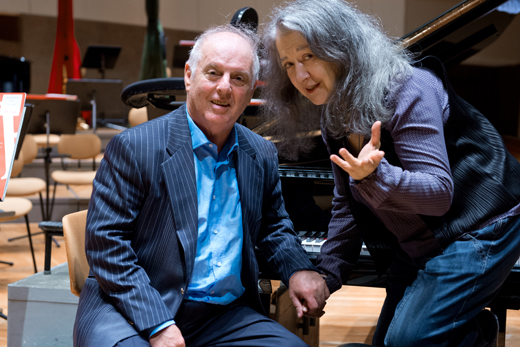
Barenboim’s legendary status partly derives from the fact that he is as important a conductor as he is a pianist. Just as actors yearn to become directors, instrumentalists fancy themselves at the podium. (Singers less so, and judging by Placido Domingo’s ventures into conducting that’s a blessing.)
Usually the results are respectable, but of living pianists only Vladimir Ashkenazy comes close to matching Barenboim’s reputation as a conductor — and he’s stopped playing live recitals because he admits his technique is ropey and he doesn’t want to embarrass himself like certain other unnamed pianists. I’m guessing this was a dig at Maurizio Pollini, who hasn’t got much to say now his fingers have turned from steel to butter. Barenboim also drops plenty of notes these days, as 72-year-olds tend to, but hasn’t lost his magic. And he remains one of the world’s top five conductors, which Ashkenazy never was.
Indeed, his partnership with the Staats-kapelle has won over many critics who felt his previous recordings were frustratingly uneven. Reviewing his 2014 recording of the Elgar Second, Andrew Clements in the Guardian praised the ‘ravishing care’ lavished on its surging themes by the strings, and the slow movement’s ‘massive Wagnerian paragraphs’ — the latter betraying the influence of Furtwängler, Barenboim’s hero and the supreme interpreter of Wagner’s paragraphs (though to the best of my knowledge he never conducted any Elgar, more’s the pity).
But Barenboim’s legend goes beyond simple music-making. With his friend the Palestinian polymath-cum-windbag Edward Said he set up the West-Eastern Divan Orchestra, which aims to promote Israeli-Palestinian harmony by bringing together young Jewish and Arab musicians. It’s as good (i.e., not quite world-class) as Dudamel’s Simón Bolívar Orchestra, and doesn’t misrepresent itself as full of ghetto kids, as the Venezuelan outfit has been known to do. Barenboim bravely broke the taboo on performing Wagner in Israel; he’s fearless in denouncing Israel’s revenge attacks on Gaza, but not so noisy on the subject of poisonous Islamism. He is the first Jewish Israeli to become an honorary Palestinian citizen.
All of which has liberal audiences throwing their panties at him and earns him the patronage of the BBC/Guardian/Arts Council machine (though surely the Beeb was embarrassed by his incoherent 2006 Reith lectures). The piano is fashionable among the London bien pensants, thanks to the Guardian editor’s celebration of the instrument and his own, ahem, mastery of it. Barenboim, like Brendel, has been well and truly Rusbridgerised.
Which is a shame, because irrespective of his ‘peacemaking’ he is the greatest all-round musician in the world. I’ve been listening to his new Schubert sonatas on DG. To pick just one example, the tarantella finale of D958 is unusually slow, and the texture burnished rather than crisp, but Barenboim uses his celebrated palette of tonal colour to clarify the structure of the movement. There’s drama, too: when pianissimo triplets creep up the keyboard, it’s as if the great opera conductor has ushered a character on to the stage. Thanks to Spotify I was able to switch immediately to his Bayreuth Walküre, and I swear that in the controlled explosion of the Prelude to Act I you could hear the same intelligence at work.
OK, so Furtwängler he ain’t. No one is. But who knows what might have happened if the Berlin Philharmonic hadn’t chosen Rattle instead of Barenboim? Sir Simon is coming back to London in 2017. And bear in mind that Claudio Abbado gave the greatest concerts of his career as he was being eaten away by cancer in his seventies. Surely there’s still time to give the Berlin job to the man who should have got it in the first place.
Got something to add? Join the discussion and comment below.
Get 10 issues for just $10
Subscribe to The Spectator Australia today for the next 10 magazine issues, plus full online access, for just $10.
You might disagree with half of it, but you’ll enjoy reading all of it. Try your first month for free, then just $2 a week for the remainder of your first year.

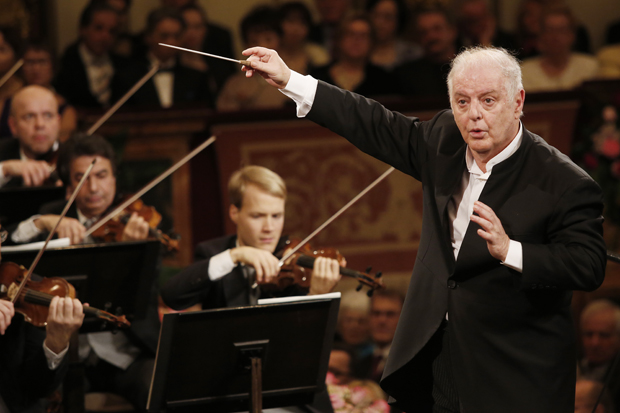
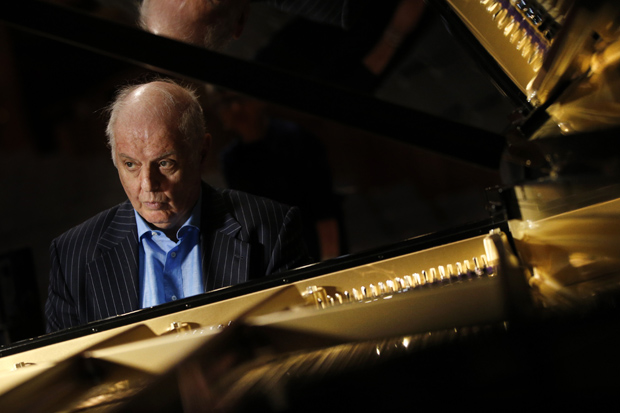
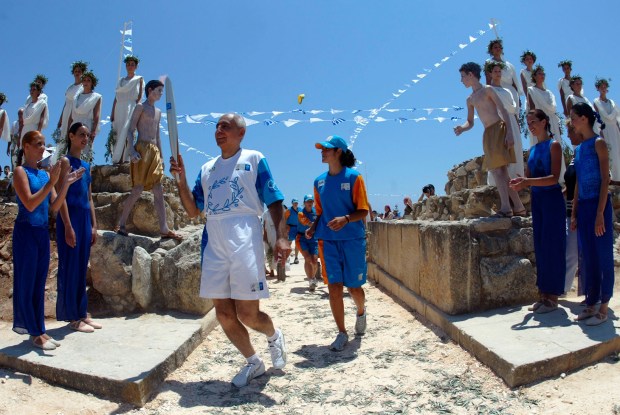
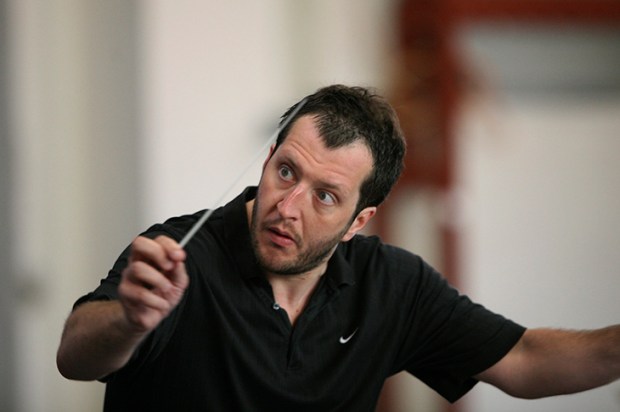
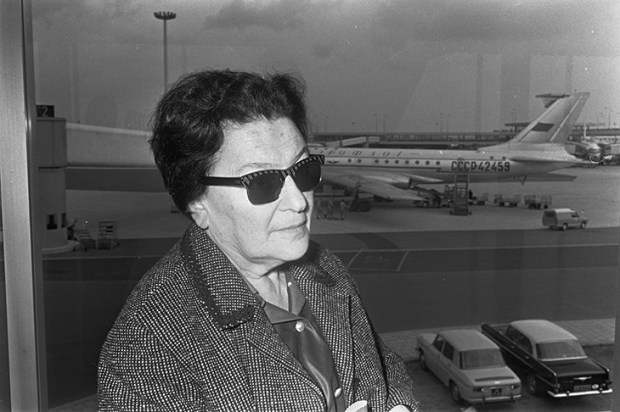
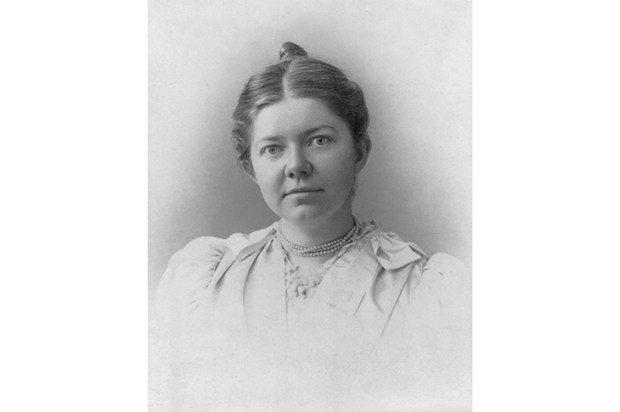
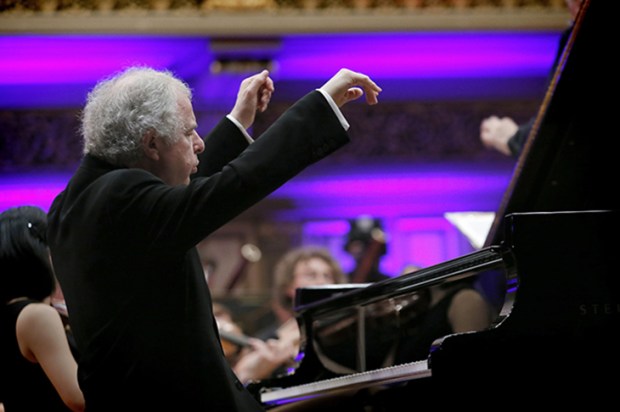






Comments
Don't miss out
Join the conversation with other Spectator Australia readers. Subscribe to leave a comment.
SUBSCRIBEAlready a subscriber? Log in